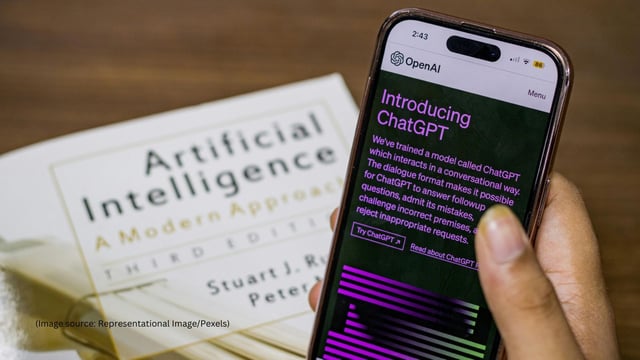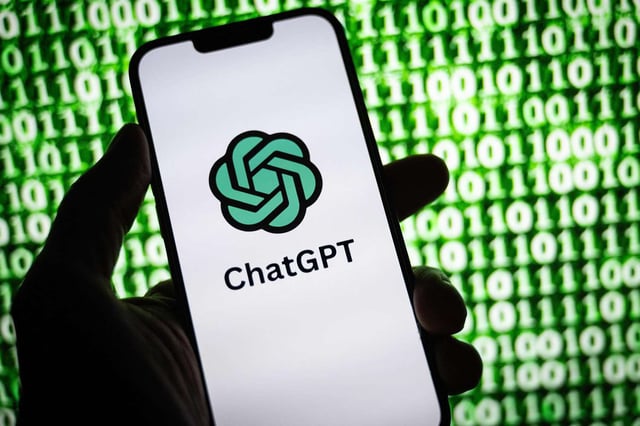Overview
- A peer-reviewed case in the Annals of Internal Medicine confirms a 60-year-old man developed bromism after substituting sodium bromide for table salt based on ChatGPT guidance.
- Clinicians replicated the user’s query and found the earlier model recommended sodium bromide without any health warnings, leading to the patient’s three-week hospitalisation for paranoia, hallucinations and related symptoms.
- When Metro re-queried the updated chatbot, its response now includes an explicit safety note against toxic alternatives and omits bromide from its list of salt substitutes.
- OpenAI has pledged further safeguards for medical prompts and strengthened disclaimers, but the lack of the original chat log highlights gaps in auditing past AI outputs.
- Health experts warn that decontextualised AI-generated medical advice can prompt dangerous self-experimentation, underscoring calls for clinician oversight and clearer AI safety protocols.



